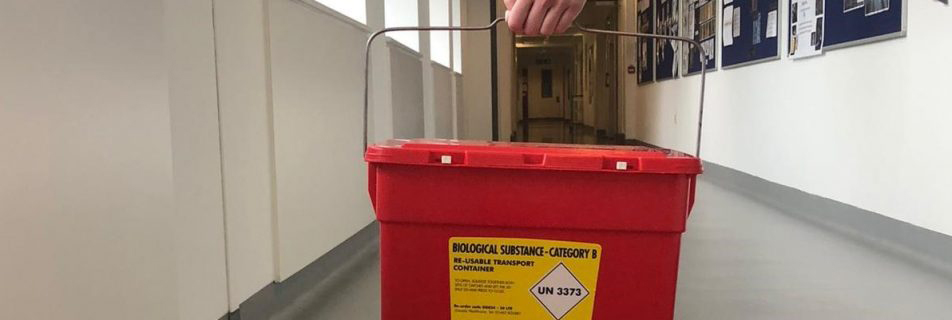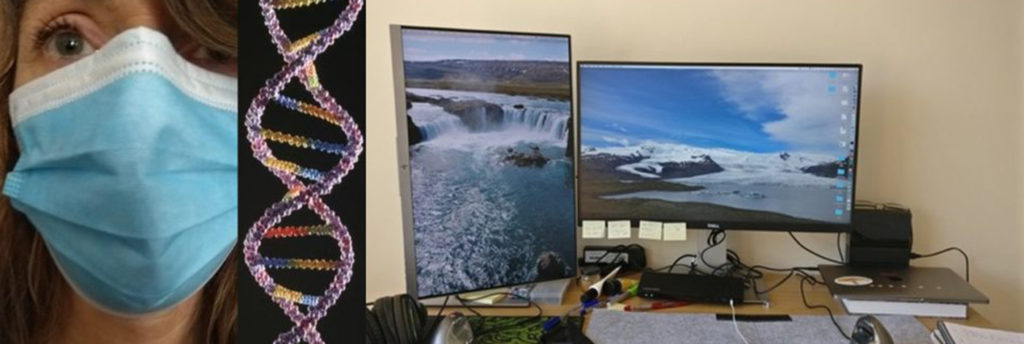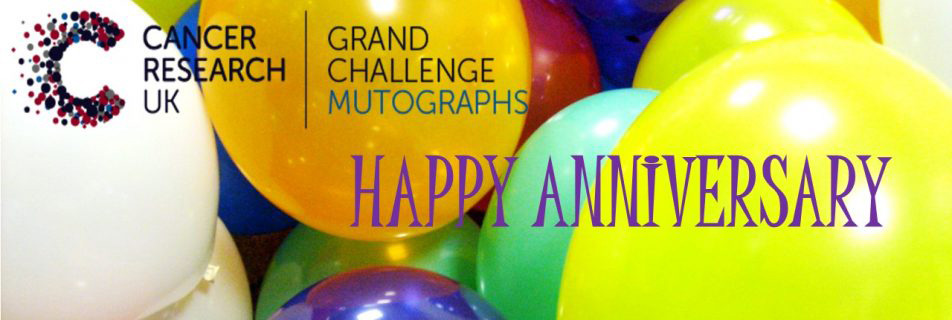An engaging virtual trip to Iran
M’s story
To find out more about how cancer care works in Iran, we were lucky enough to be able to have a video call with a cancer patient, M. Reza Roshandel was again present to help us with our questions and to make M feel more comfortable. Her son-in-law was also on the call so we could gain a family perspective.
M is a 69 year old breast cancer survivor from the city of Kordkuy, about 40 km from Gorgan in the Golestan province. She was diagnosed three years ago and had to travel to Gorgan for her treatment, which included a radical mastectomy (removal of the whole breast) and chemotherapy. She finished her treatment a year ago and is in remission, although still has regular check-ups.

Family first
One of the most striking things we found about talking to M was how little she was worried for herself. She has four daughters and one son who were all grown up and married at the time of her diagnosis. Her first thought was how her diagnosis would affect them. She didn’t want her children to worry about her or be stressed about having to care for her. Fortunately for M, her children were supportive and organised a rota between them so they could help take care of her.
However, she did not want to talk about her cancer with her family, and has discouraged her daughters from trying to find out more with the philosophy of ‘the less you know, the better’. We found out from M and Reza that in rural areas especially, cancer can still carry an element of stigma, and people don’t really like talking about it. However, M did have a supportive community of other people affected by cancer to help her through her treatment.
M’s trust in her medical team was extremely strong. She didn’t feel the need to find out more information about cancer or her treatment because she felt that the medical team had given her all the information she needed. While she did have some challenges, particularly side effects from the chemotherapy, she said that there was nothing they could have done to treat her better.
Helping research

While M didn’t have any samples directly collected for Mutographs, she did donate tissue to the Golestan Cancer Biobank. Tissue and other biological samples that are stored here are available to researchers at Iranian and international universities and hospitals who would like to further investigate cancer. M was very happy to donate tissue because helping her community is very important for her. The surgeon had fully explained to her why they wanted to take the sample and so she felt well informed. When we asked her if she was curious about what happened to the sample or any research that had been done using her tissue, she said no.
Treatment over comfort
One element of our conversation that stood out to us was that in Iran, the medical teams don’t always prioritise patient comfort and support. They are more focused on treating the disease itself. Patients need a referral to access painkillers. Care to help to make them more comfortable is also rare, especially in rural areas. Reza was however very eager to point out though that the attitudes are changing and some people, particularly in large cities, are starting to pioneer a more supportive approach.
Helping the community and making changes
We are very grateful that M let us into her home (even if we were there as pictures on a laptop screen!), and it was fascinating to find out more about the medical system in Iran and M’s experiences. Her feelings of duty towards her family and her community were very strong, and this was a big motivator for her to donate samples to research.
We were very encouraged to hear that attitudes towards talking about cancer are changing for the better and that there is an increasing focus on making patients comfortable. Hopefully as time goes on, cancer patients and their families in Iran can experience more support for their mental health and there will be more focus on comfort as well as treating the disease.



